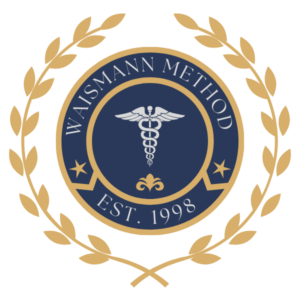Opioids are potent analgesic drugs that are often prescribed to relieve acute pain, pain from serious illnesses such as cancer and chronic pain. Some are used to suppress chronic cough and diarrhea.
Opioids drugs include naturally occurring opiates derived from the opium poppy plant such as morphine, codeine and thebaine, synthetic opiates such as fentanyl and semi-synthetic opiates including oxycodone and hydrocodone.
Opioids drugs are thought to block pain signals in the brain by attaching to certain opioid receptors. While they are considered to be among the most effective pain reducers available, opioids can be highly addictive and pose risks including physical and mental dependence, withdrawal when regular use is stopped suddenly and overdose.
Uses for opioids include treatment of pain due to:
- Cancer
- Migraines
- Terminal illness
- Diabetic neuropathy
- Serious trauma or injury
- Surgery
- Labor.
Opioid Drugs Side Effects, Tolerance and Abuse
As with all medications, opioids drugs can produce side effects, some which can be rather short-lived, and others which can last longer and be more serious.
One of the side effects that can be attractive to recreational users is euphoria. Opioids can cause feelings of sedation and relaxation, both which can he heightened by combining opioids with other substances and drugs. This is extremely dangerous and can cause a fatal overdose.
Opioids are central nervous system depressants that can be deadly when combined with other substances that have this same effect. These include alcohol, other narcotics, sleeping medication, muscle relaxers, tranquilizers and sedatives.
Recreational use and abuse of opioids has become quite a problem around the world. However, therapeutic use of opioids can be problematic as well. Issues may begin when a tolerance develops. At this point, patients need to take increasingly larger doses because the regular dose is no longer effective.
Opioid Detox by Waismann Method Treats Patients Quickly
Opioid addiction is serious but can be treated effectively and safely. Waismann Method is well known in the field of opiate detox in treating addiction. We begin our opiate treatment in the hospital with medical testing to rule out possible underlying issues. From there, our anesthesiologists lightly sedates patients and administers intravenous medications.
These medicines cleanse the drugs from patients’ opiate receptors, thereby eliminating the physical addiction. This process speeds up withdrawal, which can be very difficult and painful to manage otherwise. Symptoms such as nausea, body shakes and body aches and pains develop and pass while patients are under deep sedation.
This allows them to essentially bypass a painful and degrading withdrawal phase, allowing them to focus on returning to an opioid-free life. Waismann Method doesn’t use opiate replacement therapy with drugs such as methadone and Suboxone to wean patients. Many opioid rehabs do.
This presents a problem because these drugs are also opiates and may lead to physical and/or mental dependency. Our procedure takes less than two hours and we require patients to stay in the hospital a total of 2 to 4 days. Patients the continue their recovery can transition in our exclusive Domus Retreat.













